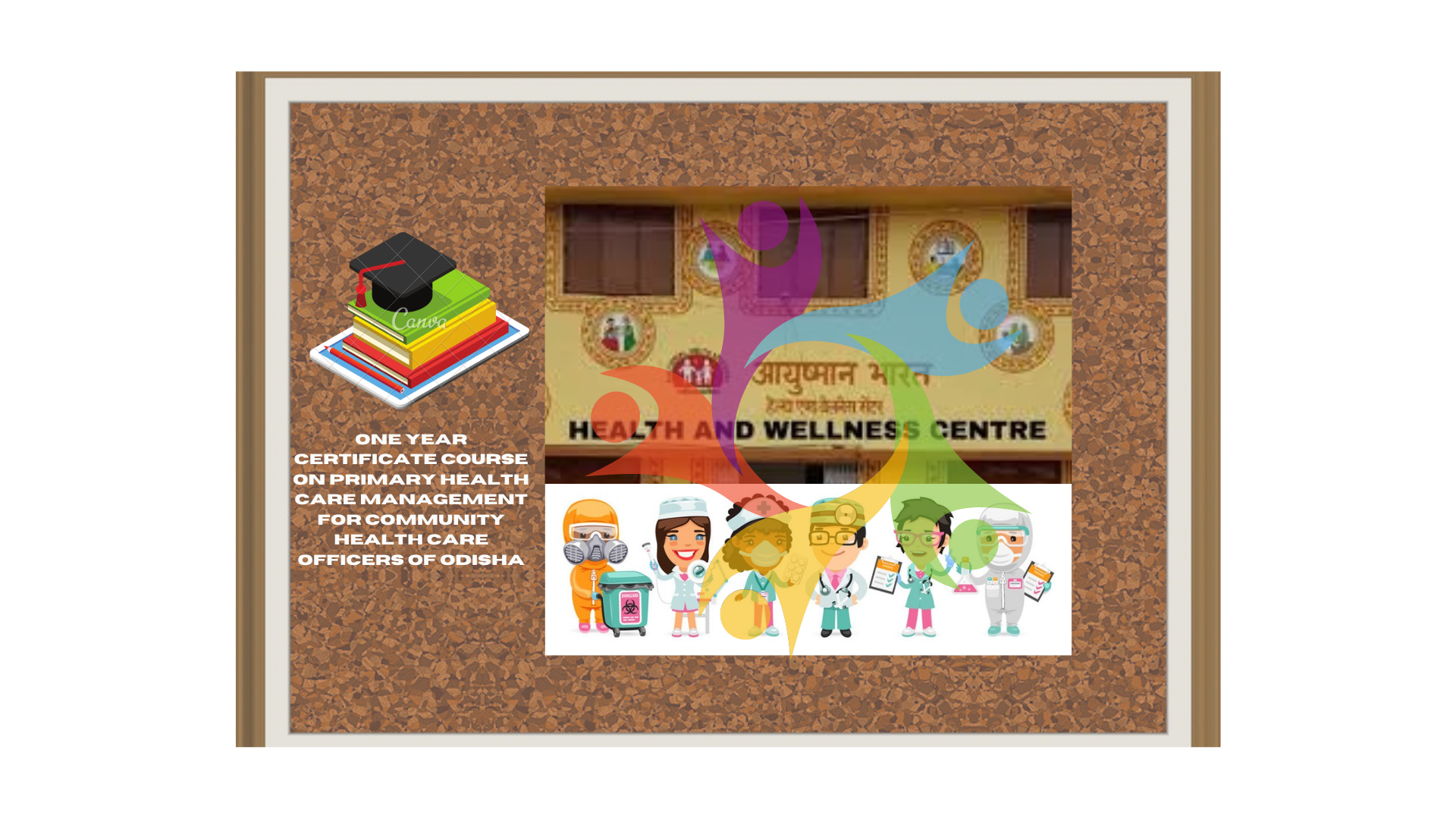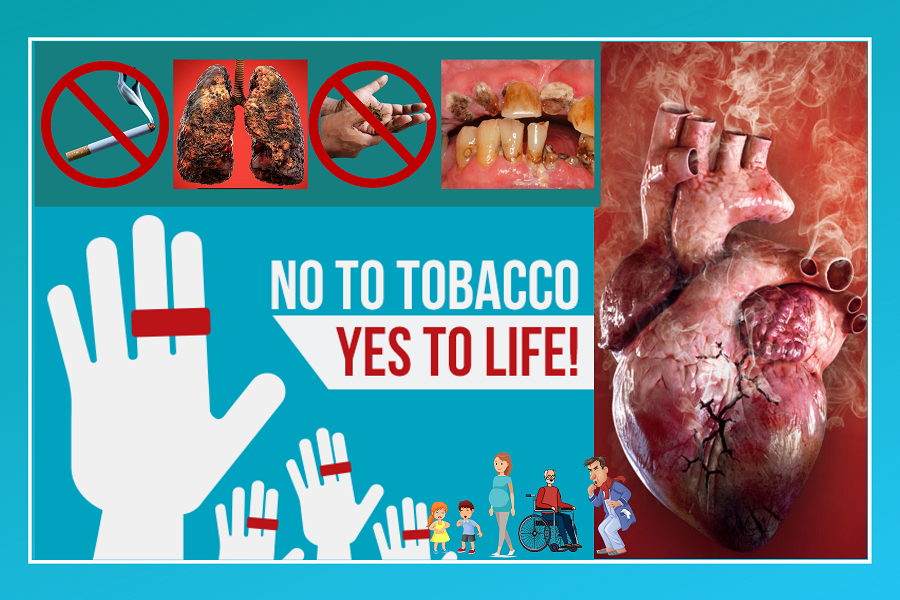Course Description
Every year, more than 8 million people die due to tobacco use. Most tobacco-related deaths occur in low- and middle-income countries, which are often targets of intensive tobacco industry interference and marketing. In this context, Resource Center for Tobacco Control (www.rctcpgi.org) was conceptualized in the year 2018 which aims at addressing the information-gap and facilitating policy makers, program managers, academicians and civil society advocates in seeking the relevant, reliable and updated information on tobacco control.
Keeping this in view 'Basic Course on Tobacco Control', a three-month online course (10 weeks teaching and 2 weeks practicum) was conceptualized to enhance knowledge and skills of various stakeholders interested to support tobacco control initiatives in the country along with strengthening the tobacco control policies globally. This course will target public health professionals, students, implementers, social workers and people from other backgrounds who want to contribute towards tobacco control.
During the course, the participants will be exposed to fundamentals of tobacco control, its epidemiology at global and national level, tobacco use practices, health and socio-economic implications, policy and legislations, tobacco cessation, tobacco industry interference, behaviour change communication, multi-stakeholder engagement, role of civil society and academics, monitoring and evaluation, managing special vulnerable groups, leadership and advocacy in tobacco control, other emerging issues and many more.
The teaching will be done through a multi-pronged adult learning pedagogy comprising of video lectures, reading materials and live interactive sessions. Tests will be conducted at the end of each module. Besides this, the participants will be engaged with their peers in the discussion forums, and undertake practicum/assignments and a project work with eminent mentors. In addition, the participants will get an opportunity to develop their e-portfolio which will reflect on the competencies and skills attained during the course.
| Module | Unit | Resource Faculty |
|---|---|---|
| Module 1: Epidemiology of Tobacco Use | ||
| 1.1 | History of Tobacco Use | Dr. Prakash Gupta |
| 1.2 | Burden of Tobacco Use (Global, SEA, India) | Dr. Sonu Goel |
| Module 2: Tobacco Use Practices in India | ||
| 2.1 | Smoked Tobacco and its types at Global and National Levels | Dr. Nirmalya Mukherjee |
| 2.2 | Smokeless tobacco and its types at the Global and National Levels | Dr. Ravi Mehrotra |
| Module 3: Health and Socio-Economic Consequences and Implications of Tobacco Use | ||
| 3.1 | Health Impacts of Smoked Tobacco Use | Dr. J S Thakur |
| 3.2 | Health Impact of Smokeless Tobacco Use | Dr. Poonam Khattar |
| 3.3 | Health Impacts of Second Hand Smoke | Dr. Poonam Khattar |
| 3.4 | Pathogenic Mechanisms of Tobacco Use | Dr. J S Thakur |
| Module 4: Global Tobacco Control Policies and Legislations | ||
| 4.1 | WHO Framework Convention on Tobacco Control | Dr. Jagdish Kaur |
| 4.2 | WHO MPOWER Strategy | Dr. Rana J Singh |
| Module 5: National Tobacco Control Programme | ||
| 5.1 | Framework of NTCP in India | Dr. Kamlesh Jain |
| 5.2 | Milestones of National Tobacco Control Programme (NTCP) | Dr. Kamlesh Jain |
| 5.3 | NTCP Implementation in India. | Dr. Leimapokpam Swasticharan |
| Module 6: Tobacco Control Legislation (COTPA) and related laws. | ||
| 6.1 | COTPA Section 4 and 6 | Dr. Amit Yadav |
| 6.2 | COTPA 5 and 7 | Mr. Ranjit Singh |
| Module 7: Tobacco Cessation | ||
| 7.1 | Tobacco Cessation at Global and National Level: Further Opportunities | Dr. Pratima Murthy |
| 7.2 | Mechanism of nicotine addiction | Dr. Arpit Gupta |
| Module 8: Stopping Tobacco Industry Interference (TII) | ||
| 8.1 | Introduction to Tobacco Industry Interference | Dr. Upendra Bhojani |
| 8.2 | Tobacco Industry Interference Tactics | Dr. Upendra Bhojani |
| 8.3 | Addressing the Tobacco Industry Interference | Dr. Upendra Bhojani |
| Module 9: Role of CSOs and academic institutes in Tobacco Control | ||
| 9.1 | Role of Civil Society in Tobacco Control | Dr. Abhiram Mehendale |
| 9.2 | Role of Academic Institutions in Tobacco Control | Dr. Suneela Garg |

-
Price:
Rs. 5000
-
Duration: 3 Months
-
Course Code: BCTC
-
No. of Modules : 9
Other Courses
-
Advanced Course on Tobacco Control
Rs. 10000
-
Advanced Course on Tobacco Control_4
Rs. 10000


